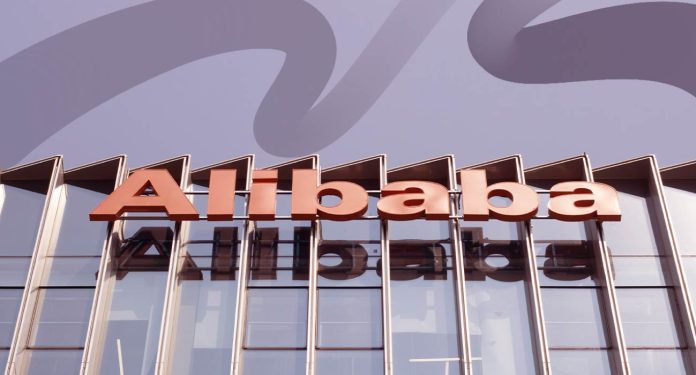CEO Eddie Wu says Alibaba will create a “unified global cloud network” in the wake of H20 export bans.
Alibaba CEO Eddie Wu has doubled down on plans to expand Alibaba Cloud globally.
Speaking at a corporate event last week, Wu told attendees that the company was aiming to develop a “unified global cloud network,” and would invest 380 billion yuan ($52.7bn) in doing so.
As reported by the Alibaba-owned South China Morning Post, the company seeks to “accelerate” the build-out of its cloud network in Japan, South Korea, Southeast Asia, the Middle East, Europe, and the Americas, with the aim of giving Chinese companies consistent AI infrastructure services, both in their home country and abroad.
At present, Alibaba Cloud operates 87 availability zones across 29 regions. This year so far has seen Alibaba launch a region in Mexico, and a second data centre in Thailand.
The company’s capex plans were first shared in February of this year, but have been reiterated in the wake of increasing tensions between the US and China regarding AI hardware.
The US has long limited China’s access to advanced AI chips, resulting in the likes of Nvidia announcing the H20 GPUs in 2023 – a less sophisticated version of the H100 chips – for the Chinese marketplace.
However, in April 2025, the US government imposed additional restrictions on exports of Nvidia’s H20 chips to China, much to Nvidia’s ire, which said that it would cost the company approximately $5.5 billion in charges associated with H20 products for inventory, purchase commitments, and related reserves, as well as forcing Nvidia to walk away from $15bn in sales as a result of the new restrictions.
By developing the global cloud network, Alibaba can enable its Chinese customers to still access AI infrastructure abroad. Other Chinese companies, including ByteDance, have reportedly used abroad locations as a loophole to access Nvidia chips outside of China.
Earlier this year, and after Alibaba had revealed its capex plans, the company’s chairman Joe Tsai criticised the heavy investment in data centres for AI by US hyperscalers, saying at the time: “I start to see the beginning of some kind of bubble.”
He added: “I start to get worried when people are building data centres on spec. There are a number of people coming up, funds coming out, to raise billions or millions of capital.”
For comparison, Microsoft has pledged $80 billion in spending, Amazon $100bn (including warehouses), Google $75bn, and Meta expects between $60 and $65bn.









